Several Indian films have egged us on to fight against obsolete traditions and beliefs that are a social malaise. On the occasion of Dussehra, we look at some prominent films that taught us how to fight social evils
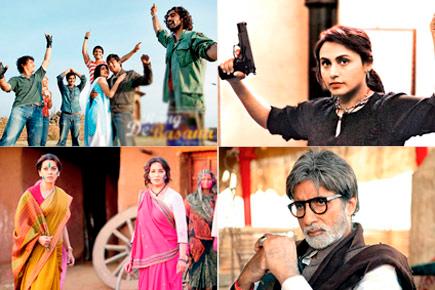
There are good films which amuse and entertain, and there are very good films that make us sit up and take notice, compelling us to introspect and act. Often regarded as a universal teacher, cinema often holds a mirror to society, reflecting the gaping holes in our social fabric. It has the ability to conjure up powerful images of society in ways conventional academic media cannot. As we celebrate the victory of good over evil on Dussehra today, hitlist gives you a lowdown on films, which have addressed social ills and tugged at the audience’s heartstrings...
Rang De Basanti (2006)
This well-crafted story directed by Rakeysh Omprakash Mehra was based on the educated generations of independent India, which have brought the country to its current crisis of moral and political corruption. The biggest contribution of the film was inspiring the young generation to raise its voice against injustice through candlelight marches.
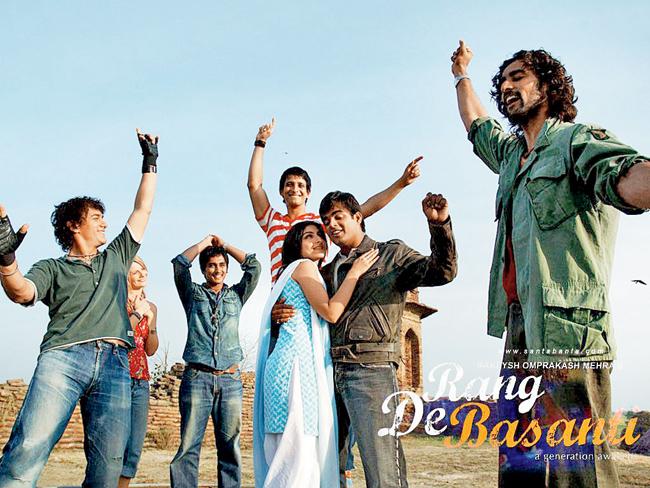
Rang De Basanti threw light on moral and political corruption
Prem Rog (1982)
Focussed on the sensitive topic of widow remarriage, the film explored the privations of widows in conservative India when they were boycotted from the community and pushed into a life of misery. The movie advocated for wiping out aged old traditions and customs in the favour of widows.
OMG -Oh My God (2012)
In a country where religion is like opium for the masses, the film, without being preachy, showed common man’s faith being exploited for commercial purposes. In spite of touching on a sensitive subject, the film starring Paresh Rawal and Akshay Kumar received a great response from the audience as well as critics.
ADVERTISEMENT
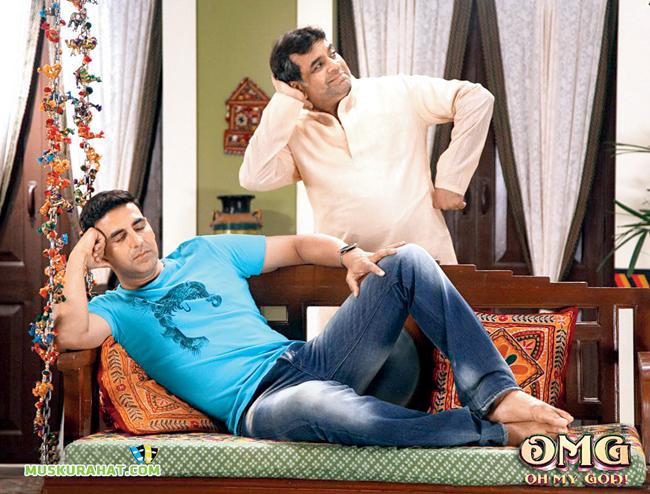
OMG — Oh My God, without being preachy, showed the common man’s faith being exploited for commercial purposes
Matrubhoomi – A Nation Without Women (2003)
Based on the rampant social evil of female foeticide, it tells the tale of skewed sex ratio in a village. The men are willing to pay dowry in their desperation to find a bride. Five brothers end up marrying a young, beautiful girl (Tulip Joshi), who is also raped by her father-in-law. The film ends on a violent but hopeful note, as she gives birth to a girl while the men kill each other over rights to her and her child.
Lajja (2001)
Showcasing the plight of four women, who are victims of male chauvinism and have been tortured in different ways—from domestic violence to rape. It ends on a note of hope, showcasing victory of women over all evil condoned by society.
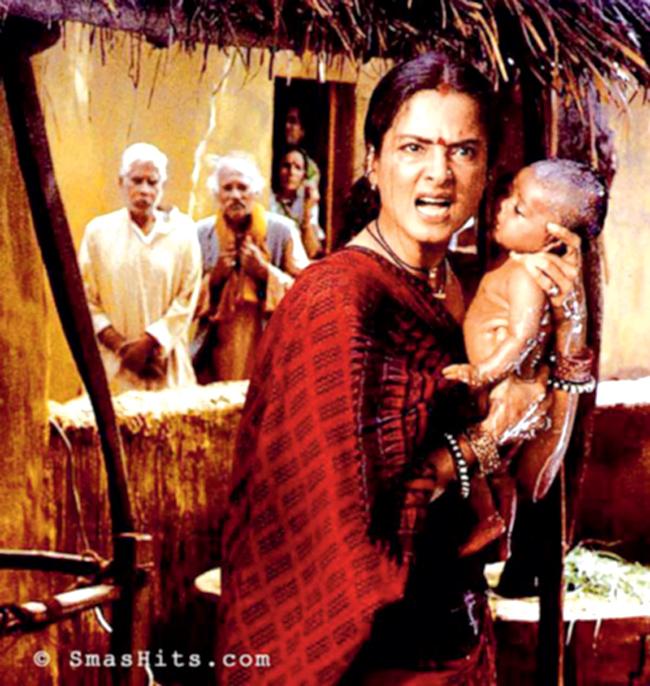
Lajja spoke of crimes committed against women
Phir Milenge (2004)
Though it tanked at the box office, this was a sensitive attempt (and a very good one at that) to bring to the fore discrimination and injustice that an AIDS patient lives through till his/her last breath. Advertising executive, Tamanna Sahni (Shilpa Shetty) is fired for ‘incompetency’ when her boss-cum-godfather finds out she has AIDS. She takes the matter to court and ends up victorious.
Damini (1993)
A woman-centric film, it showed the protagonist, Meenakshi Sheshadri, in two minds about ensuring justice to a rape victim, the culprit none other than her brother-in-law. Her husband’s family deters her from speaking the truth, compelling her
to leave the house. She finds support from an ex-advocate, who helps her get justice for the woman.
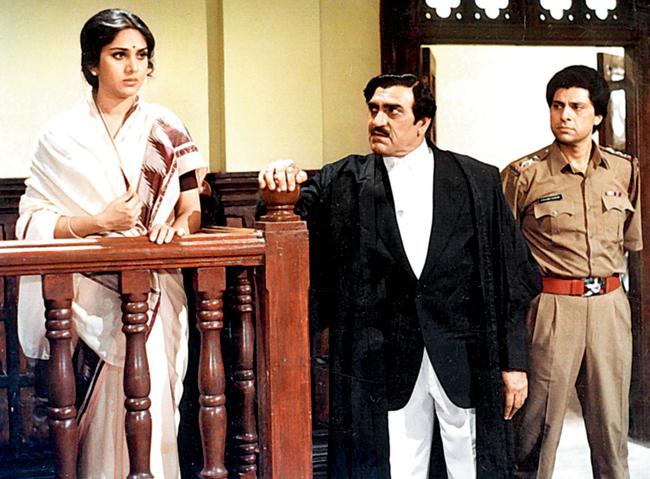
A woman-centric film, Damini showed the protagonist, Meenakshi Sheshadri, fighting to ensure justice for a rape victim
Mardaani (2014)
Firebrand cop (Rani Mukerji) unearths dark secrets of child trafficking when she initiates a search for a missing girl. A cat-and-mouse game between the fearless, potty-mouthed cop and a ruthless mafia kingpin ensues. The film earned rave reviews for its gritty, realistic action story woven around a social cause.
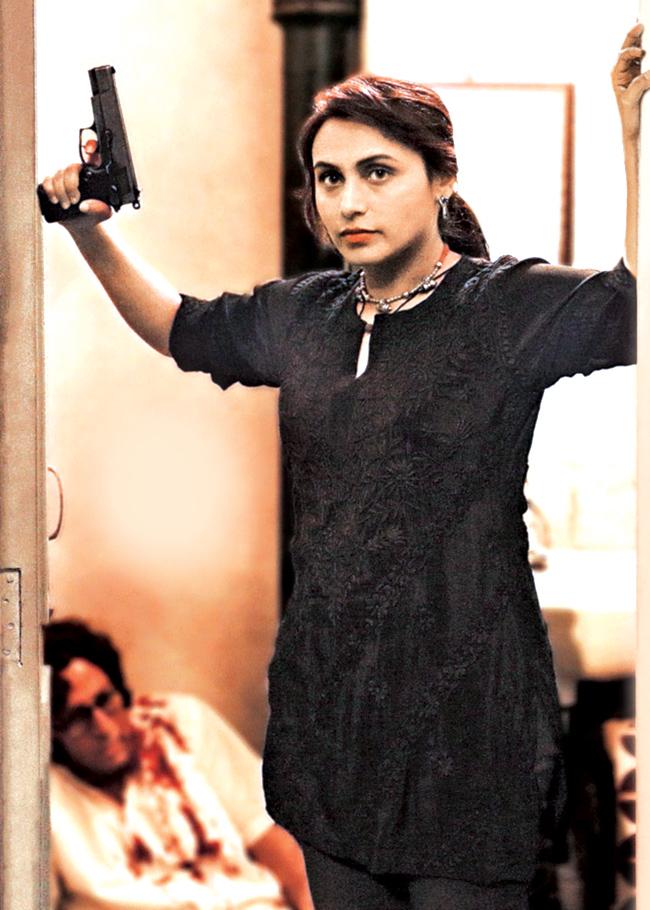
Rani Mukerji tackled human trafficking in her latest release, Mardaani
Insaaf ka Tarazu (1980)
The Raj Babbar and Zeenat Aman-starrer left a deep impact on rape victims, who struggle to lead normal lives as society treats them like outcasts. It was fairly controversial at the time of its release for the nature of its plot but won accolades for attempting to empower rape survivors and powers-that-be.
Gulaab Gang (2014)
This docufiction was on a fearless woman, Sampat Pal, who along with other feisty members of her group, Gulab Gang, gearing up to fight gender violence, caste oppression and corruption — three deep rooted evils in our society.
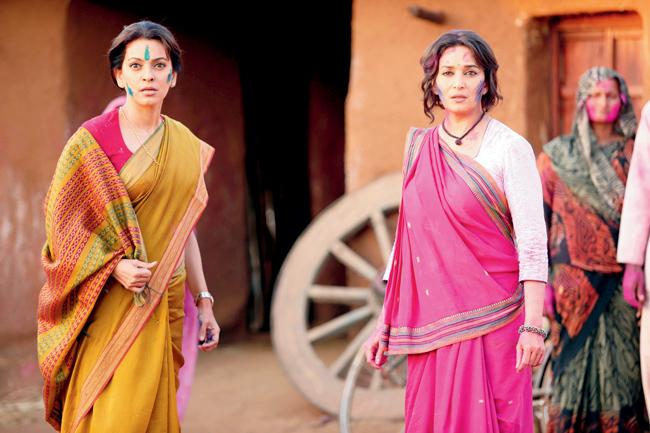
Aarakshan (2011)
The film showcased the controversial policy of caste-based reservation in educational institutions and government jobs. The film was appreciated for its bold take on the issue. With an engaging story that dealt with the subject of job and college quotas for backward caste candidates, the film was also lauded for its relatable characters.
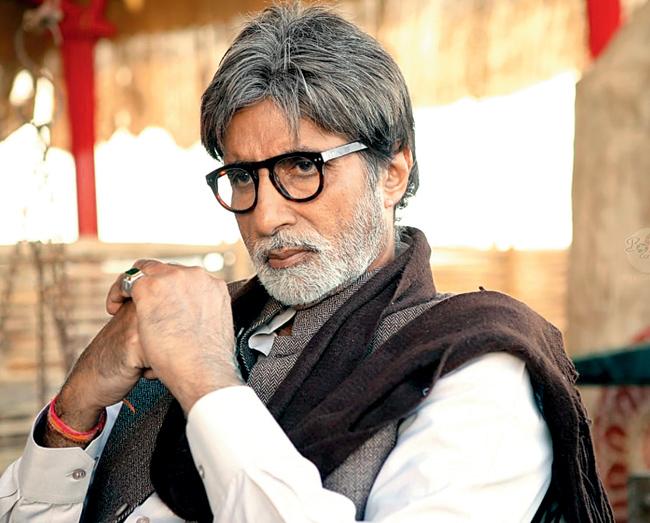
Prakash Jha’s film, Aarakshan, offered a grim take on the still prevalent caste system in India and how reservations in the country are centred around this division of society
Prahar (1991)
It was the story of Major Pratap Chavan, a tough and stern soldier, who believes in fighting for justice. The film showed how he stood up for what is right and is yet an unwitting victim of society’s hypocrisy.
Shahid (2014)
This National Award-winning film is based on the life of lawyer and human rights activist Shahid Azmi, who was assassinated in 2010 in Mumbai. Azmi fought many cases pro bono in consultation with NGOs and even won 17 acquittals. The film showcases how justice is often elusive.
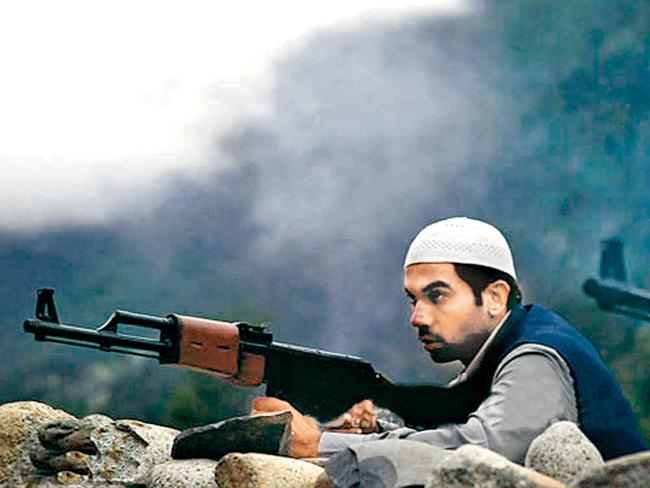
The film, Shahid, told the real life story of lawyer and human rights activist, Shahid Azmi, who fought pro bono cases in consultation with NGOs
Mumbai Meri Jaan (2008)
The movie tells the story of five people whose lives are affected by the 2006 train bombings in Mumbai. The movie, directed by Nishikant Kamath, received great reviews by everyone, as it touched upon evils such as corruption, police inefficiency and hatred against minorities.
Kamla (1985)
Inspired from a journalist’s real-life expose, this movie received rave reviews. It’s about a Delhi-based scribe, who uncovers a flesh trade in a village in Madhya Pradesh, where the victims are girls belonging to the Bhil tribe.
Do Bhiga Zamin (1953)
The film revolves around a farmer who lives in a small village that has been badly hit by a famine. Shambhu Mahato owns a piece of land that is prime property for the local landlord. The movie deals with rampant exploitation of the poor, particularly this farmer family and how he struggles to hold on to this land, as it is his only source of livelihood.
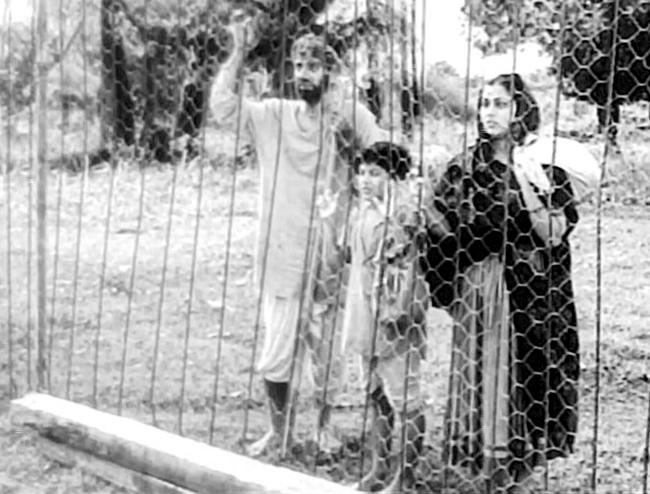
In Do Bigha Zamin, the protagonist, a farmer, fought against exploitation
Ahista Ahista (1981)
The film is about a courtesan’s household where men are not born, but are welcome and where women are not welcome, but their birth is. It dwells on the subject of social stigma as seen through a courtesan’s point of view.
Tingya (2008)
Based on a rural boy and his friendship with his bull, this Marathi movie was set against the backdrop of farmer suicide, which rocked the state and many parts of the country in 2008. It was an ode to the farmers’ community and a mirror to their hardships.
 Subscribe today by clicking the link and stay updated with the latest news!" Click here!
Subscribe today by clicking the link and stay updated with the latest news!" Click here!







